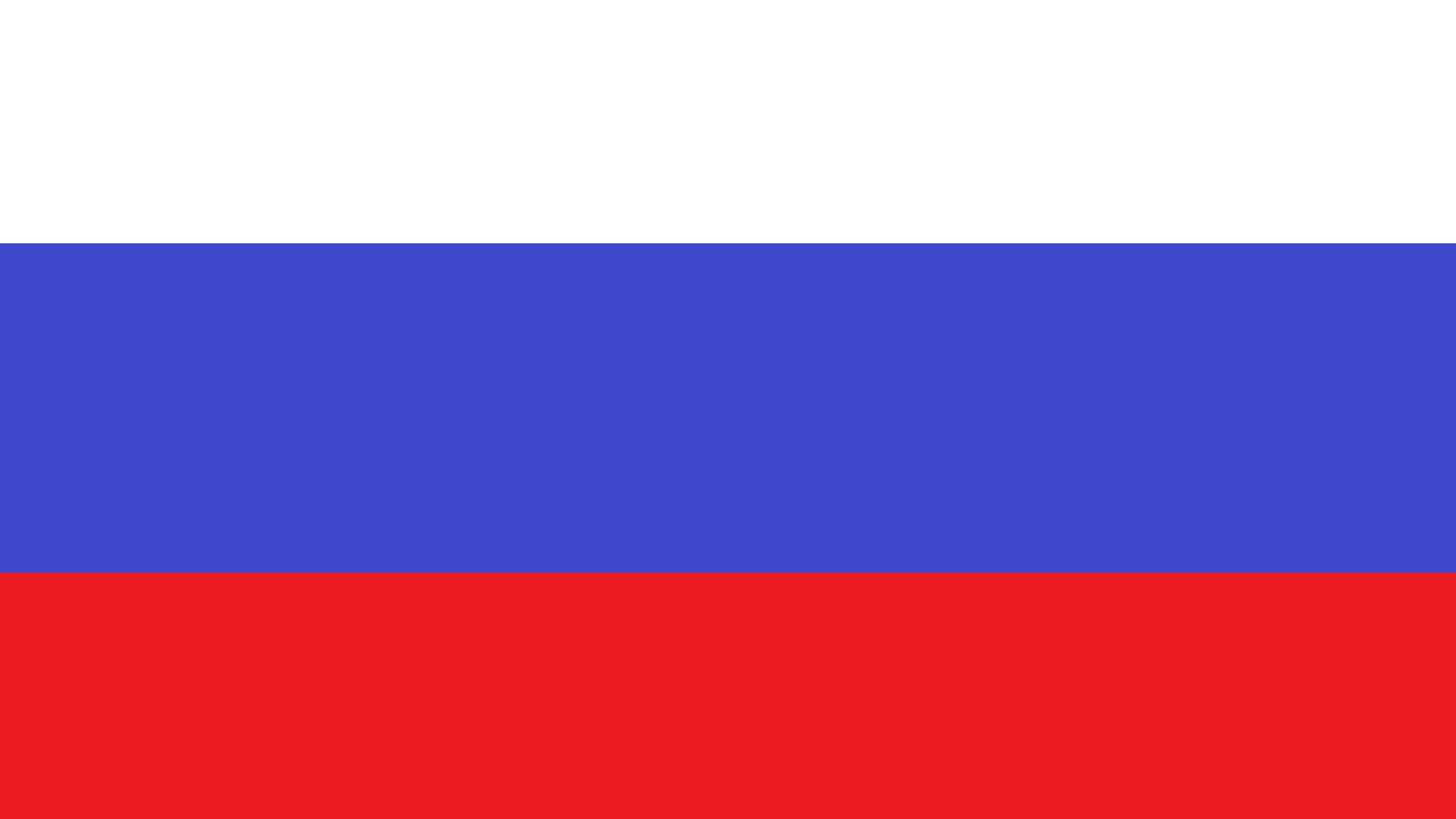Russian Translation

Russian Translation and Localization
TrueLanguage offers timely, precise Russian translation and localization services. We can handle virtually any type of translation project. Our team of professional linguists includes native speakers of Russian and certified subject matter experts who can perfectly translate material following your exact specifications. We use cutting-edge translation and project management tools and follow ISO 9001 standards, guaranteeing efficient, high-quality, and authentic results.
С русского на английский
Language Facts and Information
Russian Snapshot
Russian is a Slavic language spoken by over 154 million people as their first language and by another 104.1 million people as their second language worldwide, making it the seventh most spoken language in the world. It is the official language of Russia, Belarus, Kazakhstan, Kyrgyzstan, and is widely used in other former Soviet Union member states. The Cyrillic script is used to write the language, which reads from left to right. Despite being rather homogeneous in dialectal variation, some regional variations still exist. Russian is an official language in more than 22 international organizations and has significant cultural, diplomatic, and business influence worldwide.
Russian Facts and Trivia
Where it’s Spoken
Russian is spoken as a first language by the majority of the population in Russia, which is the largest country in the world by land area. Additionally, it is also an official language in Belarus, Kazakhstan, and Kyrgyzstan, and has a significant number of speakers in Ukraine, Estonia, Latvia, Lithuania, Georgia, Azerbaijan, Uzbekistan, and Tajikistan. Russian is also spoken as a second language by many people in the former Soviet republics and in other countries with significant Russian-speaking communities, such as Israel, Germany, Canada, and the United States.
Global Statistics
Russian is the seventh most widely spoken language in the world by the total number of speakers, with approximately 258 million speakers worldwide. It is also one of the six official languages of the United Nations. Russian is the most widely spoken language in Europe and the fourth most widely used language on the Internet after English, Chinese, and Spanish. It is also an important language for global business, with Russia being the world’s eleventh-largest economy. Furthermore, Russian is the second most widely used language on Facebook and the most widely used language on VK, which is the largest social media platform in Russia.
Impact of Russian Worldwide
The Russian language has had a significant global impact in culture, business, and politics. In terms of culture, Russian literature has made a tremendous contribution to world literature, with authors such as Tolstoy, Dostoevsky, and Chekhov being widely read and studied around the world. Russian music, ballet, and theater have also gained international recognition and acclaim. In the realm of business, Russian is an important language for international trade and commerce, particularly in the areas of energy, natural resources, and technology. In politics, Russian is one of the six official languages of the United Nations, and it has been a prominent language in diplomacy and international relations. Additionally, the Soviet Union’s promotion of communist ideology and its global influence during the Cold War era helped spread the Russian language and culture to many countries worldwide.
Regional Variations
Although some standardization occurred after 1900, various dialects of the Russian language persist in Russia, particularly in terms of vocabulary and phonetics. According to some linguists, these dialects can be divided into different regional groupings, with Moscow situated at the boundary between the “Northern” and “Southern” groupings. Other scholars classify the language into three groupings, “Northern,” “Central,” and “Southern,” with Moscow located within the Central region. Furthermore, all dialects can be categorized into two chronological groups, primary and secondary formation. Dialectology in Russia recognizes many different variants, some of which exhibit distinct and unconventional features of pronunciation and intonation, vocabulary, and grammar, with some of these features being remnants of archaic usage that is no longer present in the standard language.
Origin and History
The history of the Russian language can be divided into three main periods. The Kievan period and feudal breakup occurred in the early years of the language and saw the political unification of the region into Kievan Rus’. Old East Slavic became the literary and commercial language of the region, which was soon followed by the adoption of Christianity in 988 and the introduction of South Slavic Old Church Slavonic as the liturgical and official language. The Moscow period took place during the 15th to 17th centuries and saw the establishment of Moscow as the center of power and culture. The final period, the standard national language, saw the development of a unified and standardized form of the language. The language has undergone significant changes over time, with influences from Byzantine Greek and other languages shaping its development.
Summary
Since the Russian language is constantly evolving, you must have informed and highly experienced professional linguists for producing accurate and culturally appropriate translations. At present, Russian features approximately 100,000 words and adds numerous new words each year. Will you need a Russian translation that will easily be understood in all regions where the language is spoken? Or do you rather require a regionally specific translation? Select either our TrueGlobal or LocalVoice approach as appropriate.
Consider a Partnership with TrueLanguage
Are you looking for a partnership with a language service provider? If so, you may wish to consider TrueLanguage. We offer ISO-Certified state-of-the-art business translation services that are on budget, on time, and to your exact specification. Every time. Or perhaps you’re just looking for a cost-free, no-obligation estimate for your next translation project. Either way, we’d love to hear from you!


